After a summer of deliberation, the city of Fresno approved an encampment ban on Sept. 23.
This comes following the Supreme Court’s decision in June to overturn restrictions on cities that barred them from clearing local homeless encampments. California Governor Gavin Newsom followed suit by issuing an executive order in July.
“It is imperative to act with urgency to address dangerous encampments,” read Newsom’s order. “Which also threaten the safety and viability of nearby businesses and neighborhoods and undermine the cleanliness and usability of parks, water supplies, and other public resources.”
In August, the Fresno City Council voted in favor of locally imposing the ban in an effort to clean up the city’s streets.
Mayor Jerry Dyer and a few other council members held a press conference Sept. 23 to address the city’s homelessness crisis and why it’s necessary to act now.
“Oftentimes this happens near businesses, near schools,” Dyer said in a Sept. 23 press conference. “But in particular businesses, it’s harming their ability to make a living…again creating a negative environment for the people who live there.”
Ordinance enforcement
City officials say they want to avoid the creation of a new “skid row,” referring to the Los Angeles neighborhood infamously known for its condensed homeless population.
“A couple of our corridors across the city have been at the tipping point of becoming skid row,” said District 3 Councilman Miguel Arias at the press conference. “Santa Clara, Belmont, even North Fresno, Shaw’s canal embankments, train corridors.”
The city’s new plan is being labeled the “Treatment First Program” and seeks to rehabilitate unhoused individuals in the city. Members of the 40-person outreach team will approach individuals to offer them help and if they refuse, they can move along; but becoming a repeat offender isn’t an option.
Whether individuals are experiencing homelessness, addiction, mental health crisis or a combination of the three, city leaders promise to have a solution.
“Just yesterday I read several individuals were contacted at a rather large encampment at Shields and Maroa,” said Interim Fresno Police Chief Mindy Castro at the press conference. “They’d been homeless for just three weeks and they didn’t know what to do. They didn’t know what was available and our officers provided them assistance and got them to services.”
City leaders also say they will bring all local services and non-profits into the fold for the new initiative. These include Fresno Rescue Mission, Poverello House and Fresno Housing Authority.
With 4,493 people estimated to be experiencing homelessness in Fresno, the question now arises: Will there be enough beds in shelters?
“We currently have about 840 shelter beds,” Dyer said. “The numbers fluctuate…we would have five or six people rotate out everyday. Generally, these numbers are going to grow as we put in our 30-day exit strategy, and you’re going to see more and more beds available.”
When asked on how else they were to bridge this gap, city leaders simply promised to get “creative” in terms of allocating resources and growing the Treatment First Program to ensure everyone receives the care they need.
“If, in fact, they are not willing to receive the services and the shelter and they are habitual offenders,” Dyer said. “There is an opportunity for officers, should they choose to arrest that person.”
On Oct. 8 the Fresno County Board of Supervisors approved a resolution that established the enforcement process of the ordinance.
Encampments that are deemed to pose the greatest danger to their communities will be cleared first. This danger-level will be assessed based on an encampments’ proximity to a school or if there are five or more tents at one site.
Once a site is identified, individuals residing there will be given a 72 hour notice to vacate. Afterwards, county officials will deploy an outreach team along with their environmental health department.
Police will only get involved if an individual is considered a threat or if they violate the ordinance repeatedly.
However, an arrest doesn’t automatically mean jail. If detained, individuals can still choose a treatment option and shelter. Upon completion of a treatment program, the police report would then be thrown out.
While in custody or while receiving treatment, any belongings an unhoused individual may have had will be held by the city for at least 60 days
More serious offenders of the ordinance (those who receive multiple complaints and refuse service) will be subject to a one-year jail term and a $1000 fine.
“We as a city were relying on a small team of officers on this task force to address these hundreds of encounters across the city,” Arias said. “Now it’s the whole police department’s responsibility. Every policing district, every patrolling assignment across the city will be empowered with the same powers as the homeless task force. We now have a citywide approach to policing and enforcing the ordinance.”
Resources for help
City leaders also spoke about the addition of City Center, a new resource being developed by Fresno Mission.
“City Center is a new campus that we’re still kind of, hopefully finishing the first phase in the next couple months,” said Fresno Mission CEO Matt Dildine. “But already we have a number of services that are offered there. I think one of the best services that we currently offer is a free grocery store right here…it allows for a free choice shopping experience.”
The center has also recently opened services including homeless foster youth outreach, mental health and medical clinics, housing services and more.
“Hopefully in the next year [we’ll] also [be] opening up City Studios,” Dildine said. “Which offer permanent housing to foster youth and families.”
Another local resource is the Eco Village Project of Fresno.
The Dakota EcoGarden provides a one-year free housing program that is meant to give unhoused individuals stability while they get back on their feet.
The non-profit project includes independent living spaces and spaces for small shelters.
“There’s no waitlist,” volunteer coordinator Caryn Kochergen told The Collegian. “Just call us and we have a space for you. The paperwork isn’t complicated either and we can help people with that.”
Residents also have access to communal utilities and food provided by local food banks. Produce is also grown in the on-site communal gardens.
The EcoGarden team also provides help with creating resumes and applying for jobs.
“When people live here,” Kochergen said. “They get an address, they can get their ID. We want to give them the time to get their lives together.”
As of 2020, 1 in 10 California State University (CSU) students were found to be experiencing homelessness.
Kochergen said that the EcoGarden’s booth at the August Fresno State Community Service Opportunities Fair helped two students find housing.
“I think Eco Village is the solution to the problem,” Kochergen said. “We need more people to do what [we’re] doing.
Is rent control an option?
When asked about rent control, city leaders were skeptical.
“I’m open to the discussion of rent control,” Arias said. “That policy has not proven to work across the board for the population that we’re talking about. A lot of cities that have rent control have a much worse homeless and unhoused crisis than we do.”
Dyer shared a similar sentiment.
“I just spent the last few days in Boston,” Dyer said. “It was with other mayors and people from Harvard that put together a study, the Pew Institute, and there is no feeling that rent control is a solution to this. What has been proven successful is when you increase the supply of housing that will meet or exceed the demand for housing, and that you can create that housing in an affordable fashion.”
In closing remarks, city leaders pleaded for homeless individuals to accept help.
“This, in my view, is their last chance to accept the city’s help for drug treatment,” Arias said. “If not, you should be expecting they can experience withdrawal symptoms in a county jail. Enough is enough.”
While the ordinance is in its infancy, city leaders are hopeful it will create a positive change.
“We’re not trying to be someone that’s out there arresting people and taking away their freedoms and being unmerciful,” Dyer said. “Just the opposite, we want to help people, but in order to help people sometimes there has to be some tough love, and that’s what we’re trying to incorporate here.”




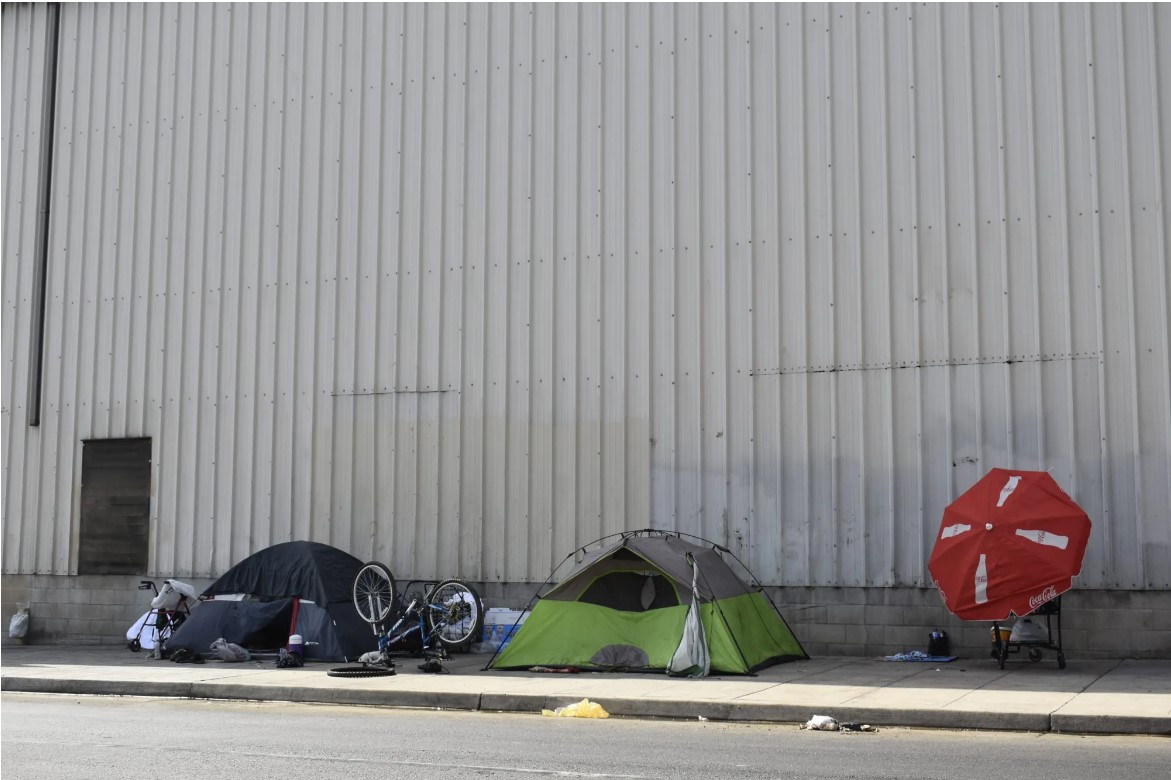



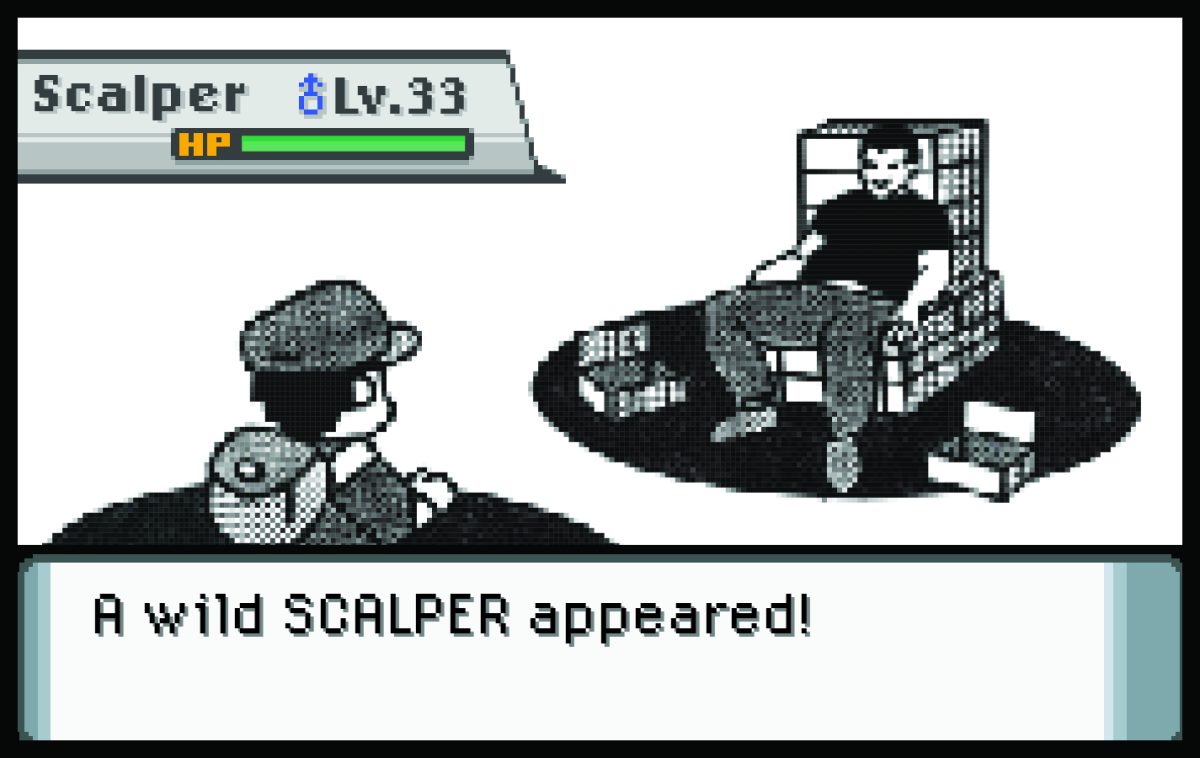






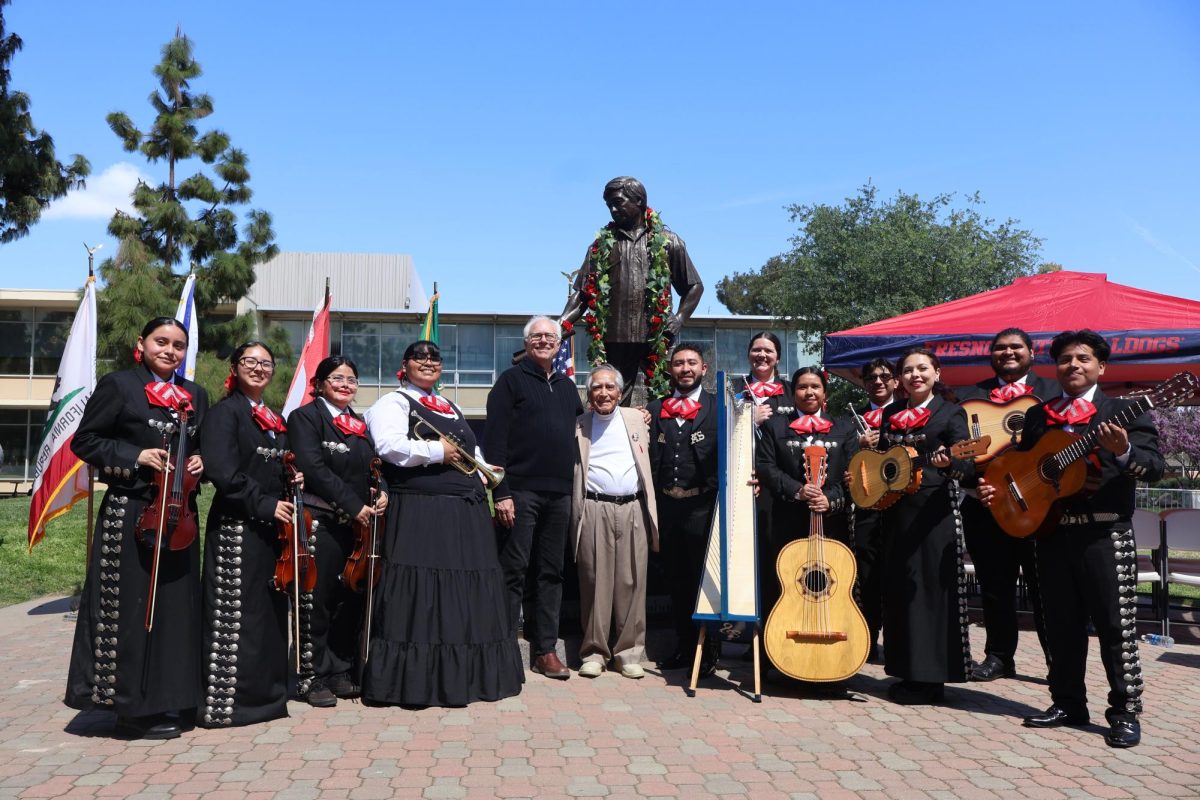

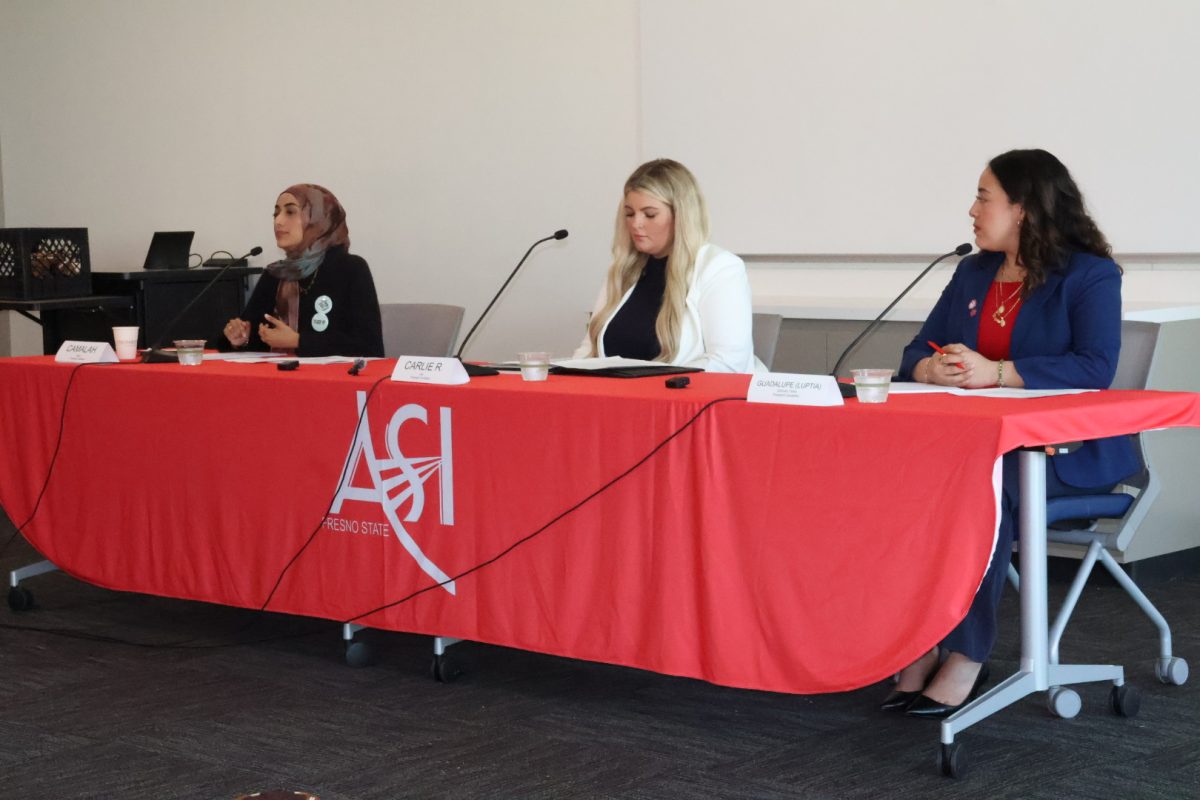
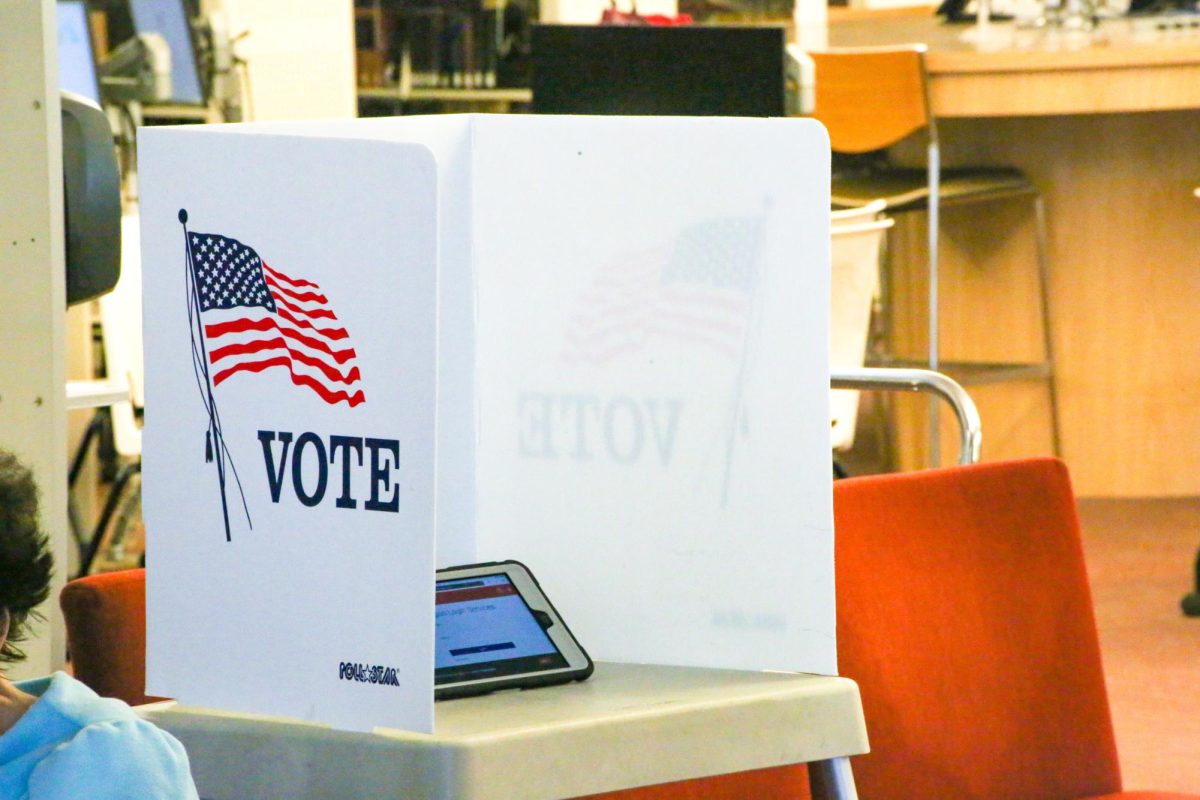

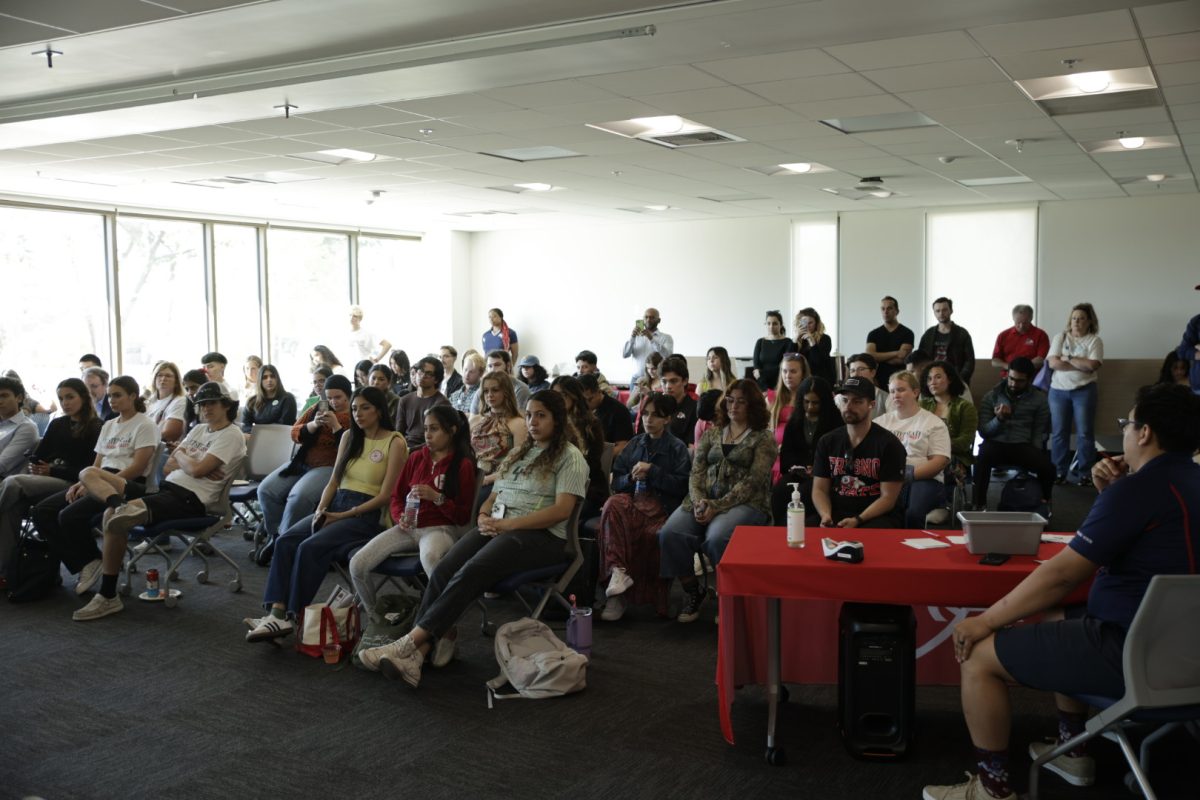
Juan Jose Gonzalez Rodriguez • Oct 12, 2024 at 12:33 pm
Why does every Fresno news outlet keep reporting on this topic without mentioning that Fresno currently has one of the worst apartment shortages in the nation? Is it because you don’t think a servere housing shortage has a connection to homelessness? Why is it that Treatment First and rent control are the only solutions that ever get mentioned in Fresno media and never the Housing First approach that most housing experts advocate? Is it because you haven’t read enough on the topic to know what experts advocate?